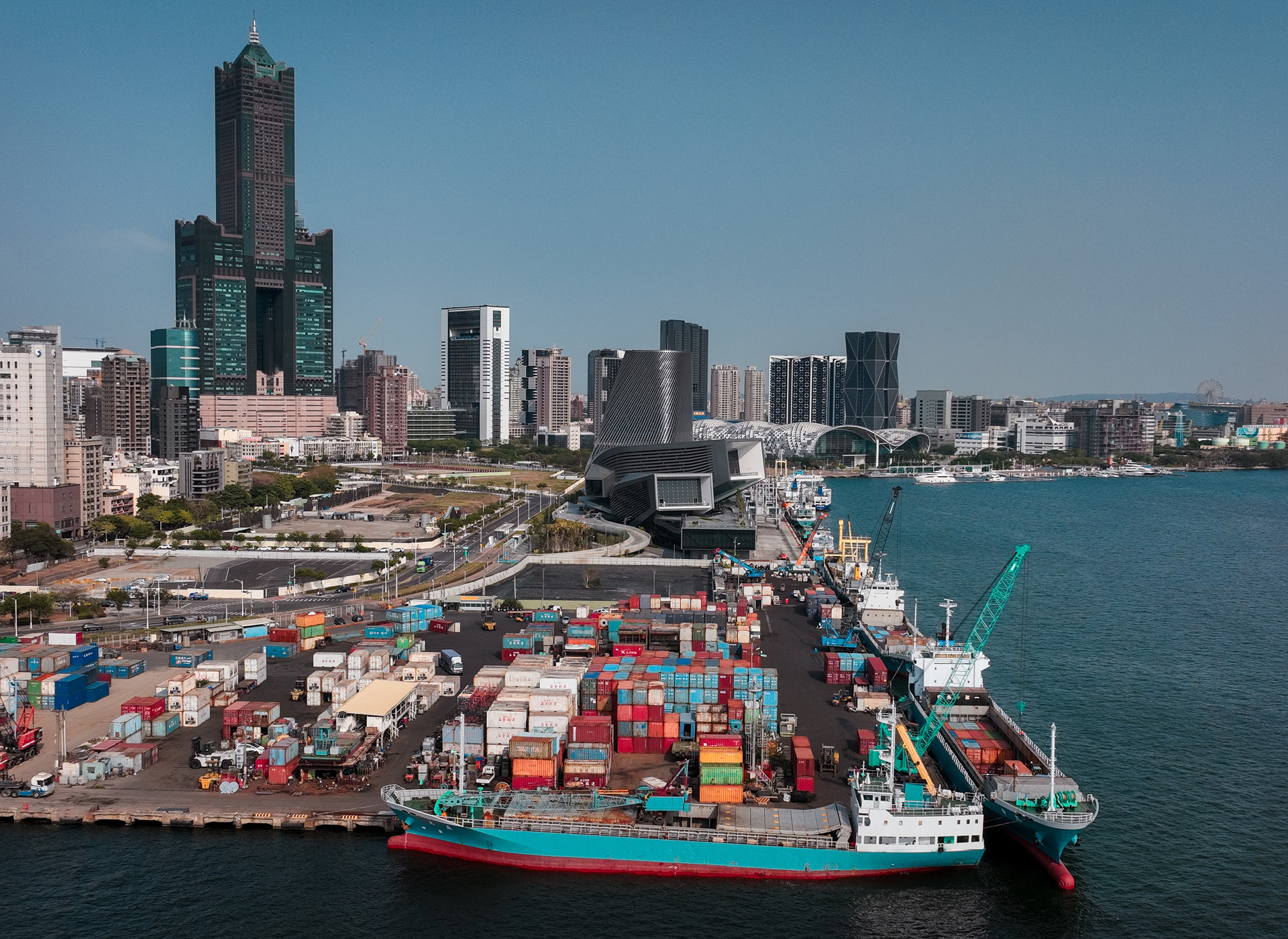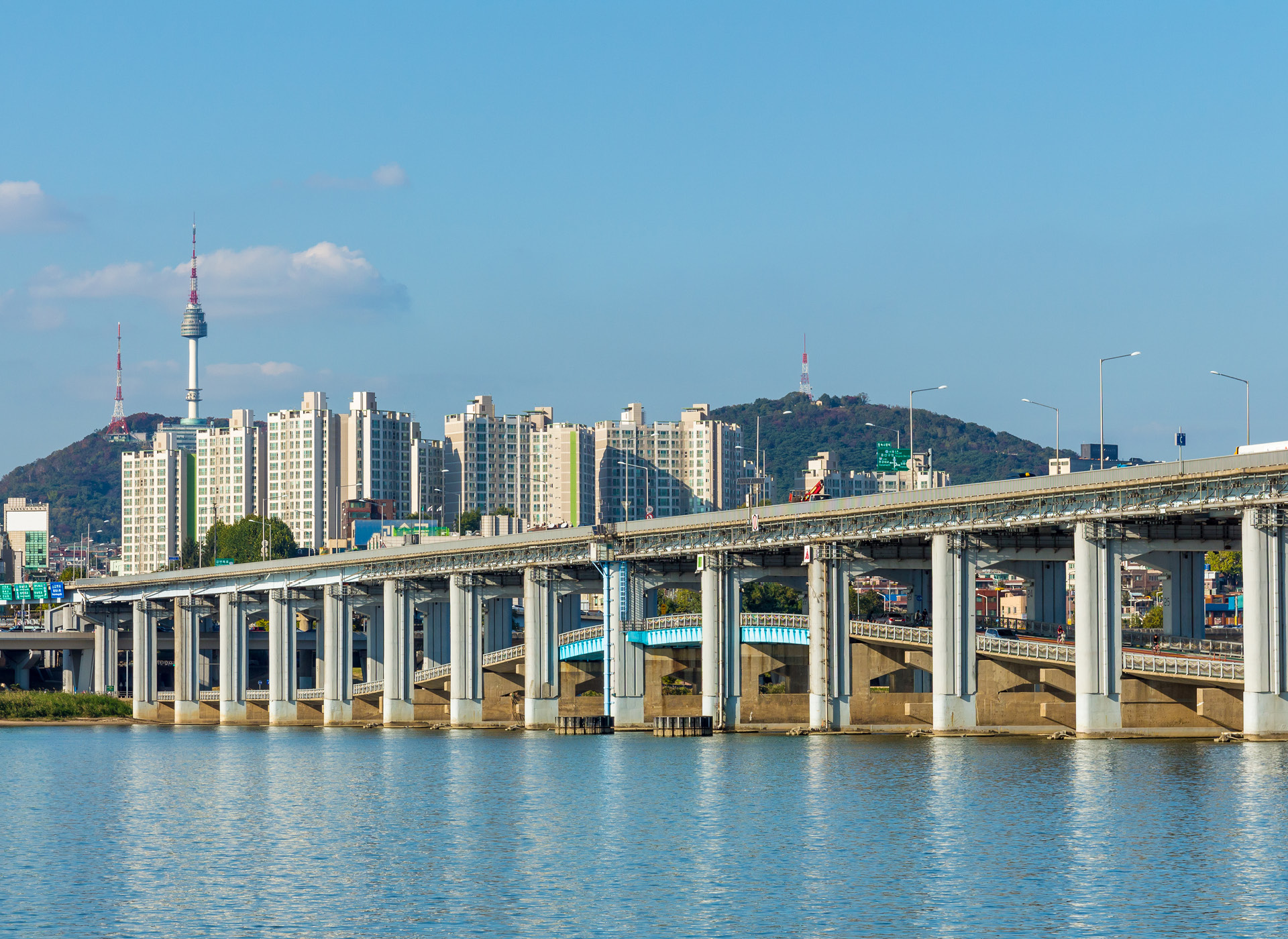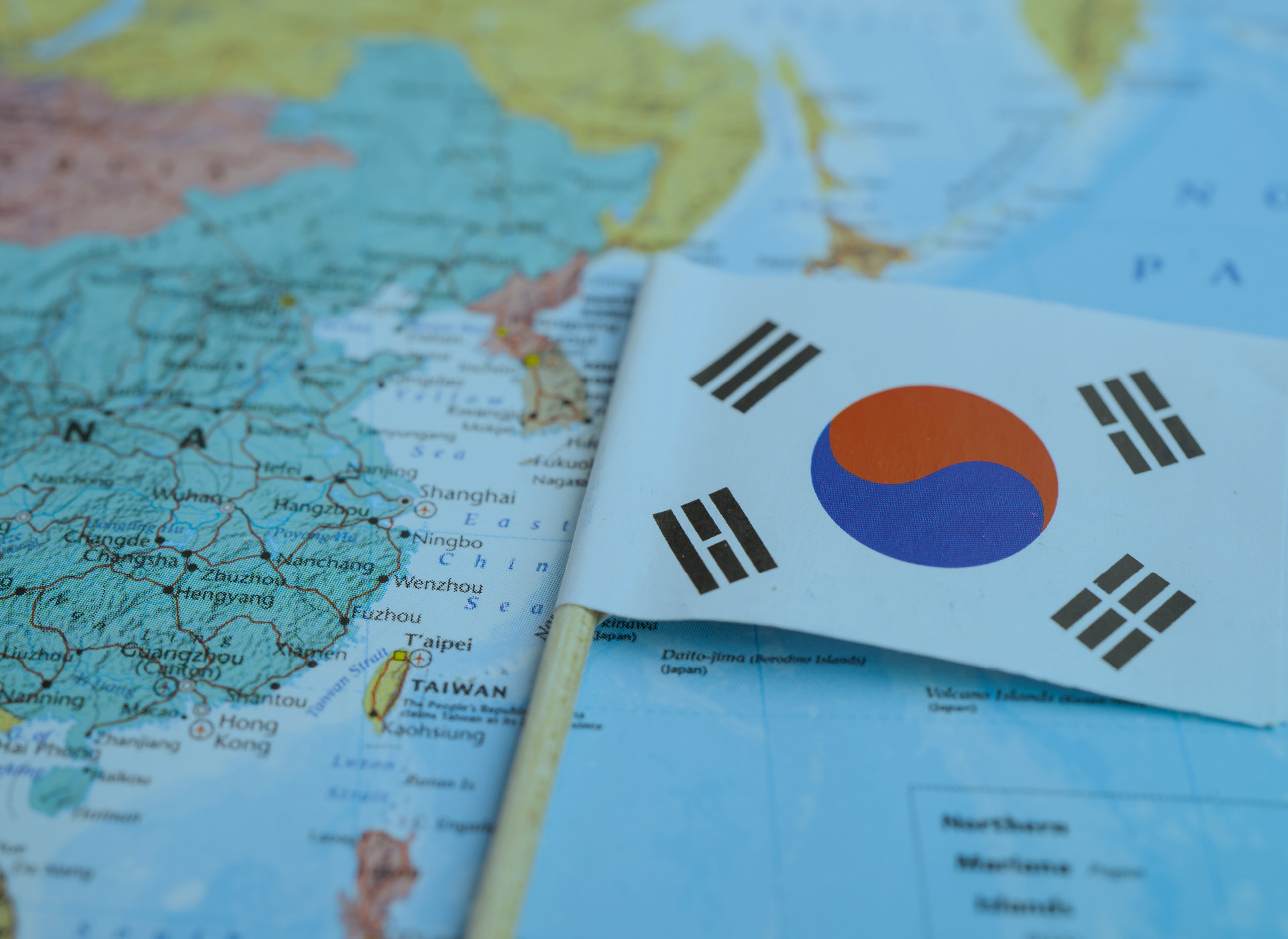On the dynamic stage of international trade, the names of South Korea and Taiwan resonate with undeniable force. These two economies, often grouped under the label “Asian Tigers,” are not only manufacturing and technological powerhouses but also crucial logistics hubs in the global supply chain. For a Spanish freight forwarder like Transped, a thorough understanding of the specific characteristics and potential of these markets is essential for mapping out successful trade routes and offering valuable solutions to its customers.
A look at the connectivity of two Asian giants
The strength of South Korea and Taiwan in international trade is cemented by their world-class transportation infrastructure. These are not just ports and airports, but true hubs connecting East Asia with the rest of the world.
In South Korea, the Port of Busan stands as the sixth largest container port in the world and the country’s main port. In 2023, Busan handled more than 22.7 million TEUs, establishing itself as a vital entry and exit gateway for the high-tech goods and manufactured goods that characterize the Korean economy. At the air level, Incheon International Airport (ICN), near Seoul, is a global air cargo hub, handling nearly 2.9 million metric tons of cargo in 2023. Its advanced automation and capacity make it indispensable for the transport of high-value electronic components, semiconductors, and pharmaceutical products.

Across the Strait, Taiwan stands out for its focus on high technology. The Port of Kaohsiung, in the south of the country, is Taiwan’s largest and a strategic point on Southeast Asian maritime routes. In 2023, it handled approximately 9.5 million TEUs, serving as a critical link for the export of semiconductors, electronic components, and machinery. Regarding air transport, Taoyuan International Airport (TPE), near Taipei, is the main air cargo hub, with a cargo volume of approximately 2.5 million metric tons in 2023. Its importance lies in being the gateway for Taiwan’s mass production of integrated circuits and electronic products.
These hubs not only facilitate trade but also act as connection points for Transped, taking advantage of the efficiencies of scale and global connectivity they offer to link Spain with these key markets.

Forging Trade Ties with Spain: Beyond the Figures
Trade relations between Spain and these two “Asian Tigers” are dynamic and constantly evolving. While export and import figures set a standard, the real interest lies in understanding the opportunities and nuances that define these exchanges.
In 2023, Spanish exports to South Korea and Taiwan together totaled more than €1.65 billion. Spanish products that find a niche market in both countries range from capital goods and chemical products to automotive and pharmaceutical products. Agri-food products deserve a separate chapter. Spain has positioned itself as a quality supplier of foods such as olive oil, wine, and pork.
The popularity of Spanish wine and olive oil in South Korea, for example, is no coincidence. The growing influence of Western culture, interest in Mediterranean cuisine, and increased purchasing power have generated significant demand for these products. Korean consumers value quality and authenticity, and Spanish wines, with their diversity and excellent value, as well as olive oil, renowned for its health benefits, fit perfectly into this trend.
On the other hand, imports from South Korea and Taiwan to Spain, which exceeded €8.5 billion in 2023, are dominated by high-tech products: consumer electronics, vehicles, electronic components, chemicals, and, most notably, semiconductors. The global dependence on chips manufactured in Taiwan, for example, makes this country an irreplaceable partner for key industries in Spain.
Navigating Opportunities and Overcoming Barriers
The growth potential for Transped in South Korea and Taiwan is considerable, but not without challenges. The rise of e-commerce in both countries is driving a constant demand for agile logistics services for the delivery of consumer goods, opening a window of opportunity for air and ocean freight. Furthermore, the global trend of supply chain diversification is leading companies to seek new routes and reliable partners, an area where Transped can offer its expertise.
However, the logistics market in Asia is notoriously competitive, with deeply entrenched local and global players. Cultural differences in negotiation and relationship building can be a barrier if not addressed with sensitivity and insight. For example, in South Korea, the concept of “nunchi” (the ability to read the environment and the intentions of others without words) is fundamental in business, while in Taiwan, “guanxi” (networking and personal relationships) is the foundation for building trust and long-term success. A hasty or purely transactional approach can be counterproductive. Furthermore, although customs regulations are harmonized in many respects, there are always specificities that require specialized knowledge.

The Transped Advantage: A Solid Bridge from China
This is where Transped’s strategic presence in China becomes a key differentiator. Having offices in key locations in the Asian giant not only facilitates direct trade with China but also establishes a solid bridge for operations with South Korea and Taiwan.
Transped’s geographic proximity and deep experience operating in the region allow it to optimize routes, consolidate cargo, and manage transportation more efficiently through China’s vast logistics network. This advantage is not just a matter of cost or time; it’s a matter of knowledge. Transped’s experience in the Asian market provides a deeper understanding of its commercial and cultural dynamics, offering greater flexibility and adaptability to design logistics solutions that respond to the specific needs of Spanish and Asian customers.
South Korea and Taiwan are much more than “Asian Tigers”; they are strategic trading partners with an excellent logistics infrastructure and a growing appetite for Spanish products. For Transped, these markets represent an opportunity to expand its reach, strengthening commercial ties and establishing itself as a strategic partner for companies seeking to conquer the Far East with confidence and efficiency.


